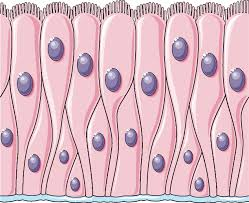Zoology Final
1/582
There's no tags or description
Looks like no tags are added yet.
Name | Mastery | Learn | Test | Matching | Spaced |
|---|
No study sessions yet.
583 Terms
What does evolution require?
variation + inheritance + selection
What is the suffix for an infratribe?
-ad
What is the ICBN?
International Commission for Botanical Nomenclature
Which protist is commonly viewed in classrooms?
_Paramecium_caudatum_
Paramecium caudatum
Which protist attacks macrophages?
_Leishmania_major_
Leishmania major
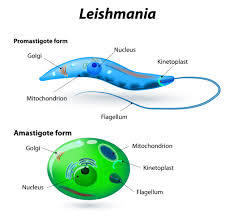
What are we actually seeing when viewing protists from Superphylum Stramenopila?
siliacious test
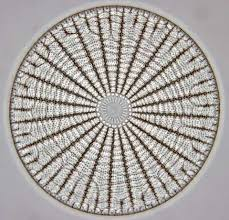
What protists used to be grouped in Phylum "Sarcodina"?
amoebas
The scales of a snake and the feathers of a bird are a
homology
different structures that come from a shared evolution
What was not accepted by society in Darwin's book?
the branching pattern that proposed the idea that we all came from a common ancestor
Which level on the hierarchy of life is defined by longitude and latitude?
biomes
Give an example of how a population would form
a big river, a mountain forming, etc.
What are communities based on?
Plant life
What three words describe the most inclusive set in the hierarchy of life?
Non-living, non-physical, and conceptual
Name an organism in the least diverse phylum that we cover in class
Echinodermata: Sea star/urchin /cucumber/crinoid/ brittle star
<1%
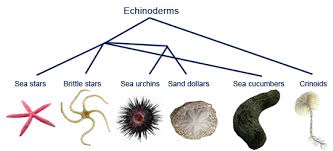
Diversity is a measure of
variation
A species name is
Binomial
How is a paraphyletic group represented?
Quotation marks
“Protista”
When was Systema Naturae published?
1758
Name the prefixes in order of most inclusive to least inclusive
Supra, Super — Sub, Infra
What does the ICNB stand for?
International Code for Nomenclature of Bacteria
What chemical was used to eradicate malaria?
DDT
What did Antonie Van Leeuwenhoek call the organisms he discovered?
“Animalcules”
Which Protists have a siliceous test?
Superphylum Stramenopila
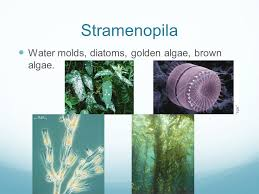
What is the animal suffix for subtribe?
- ina
What would it be called if the “average joe” was preyed upon more often?
Disruptive natural selection
Ernst Haeckel supported who?
Charles Darwin
Phylogenies are based on _______?
cladogram (branching diagram)
Homologies
different structures that come from a shared evolution (scales & feathers)
How many descendants are left out in a monophyletic group?
0
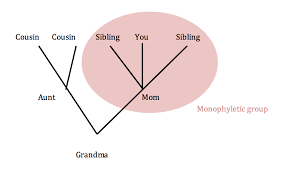
What is the condition called when a character state moves from a 0 to a 1?
Apomorphy/derived
moves from primitive (0) to derived (1)
Leeuwenhoek was the first to observe
Microanatomy
(which is commonly referred to as the layers of teeth)
Who realized protozoans were unicellular?
Hooke
What kingdoms are more closely related to Superphylums Alveolata and Parabasalida?
Animalia and Fungi
Give the exemplar species of the most diverse superphylum
Navicula sp.
diatoms
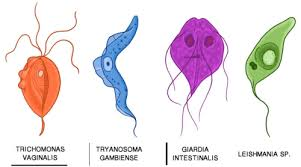
Name the two basic characteristics of Kingdom “Protozoa”
Unicellular and true nucleus
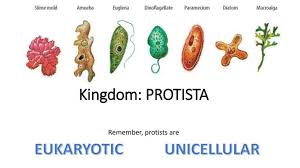
What is the synapomorphy of Superphylum Parabasalida?
Axostyle
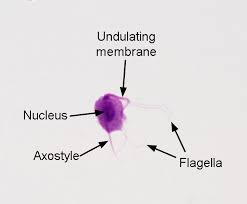
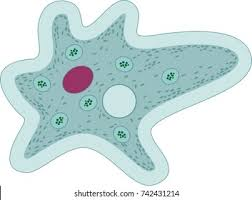
What is the exemplar species of an amoeba with lobopodium
Amoeba proteus/_Amoeba_proteus_
pseudopodia - simple shape
In which host would you find gametes of Plasmodium vivax?
The mosquito
Why was DDT discontinued?
Bird eggs breaking
couldn’t survive incubation w/out being crushed
How many college students will deal with a parabasalid?
Why is “Trich” often spread unnoticeably?
1 in 8
Males do not feel the axostyle.
Give me the species name that causes a disease that has become a meme due to the Oregon Trail game
Dysentery, Entamoeba histolytica
_Entamoeba_histolytica_
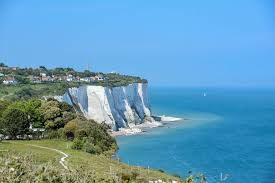
What is the important landmark called that is made out of granulireticulosans?
White Cliffs of Dover
foraminiferans
calcium carbonate (chalk) - CaCO3
Trypanosoma cruzi
vector: kissing bug
kills: ~45,000/yr
attacks: muscle cells
disease: chagas disease
Trypanosoma brucei
vector: tsetse fly
>5,000/yr
attacks: nervous system
disease: sleeping sickness
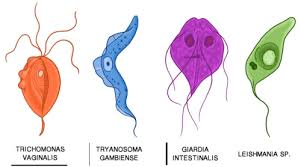
Giardia lamblia
vector: still water
kills: not usually fatal
attacks: intestine lining - prevents the host from absorbing water/nutrients
disease: beaver fever
Leishmania major
vector: sandfly
kills: ~60,000/yr
attacks: macrophages
disease: leishmaniasis
Plasmodium vivax/falciparium
vector: mosquito
kills: 1,000,000+/yr
attacks: red blood cells
disease: malaria
Robert Hooke
Realized that protozoans were UNICELLULAR
Developed CELLULAR THEORY OF LIFE (all life composed of cells + most basic unit of life)
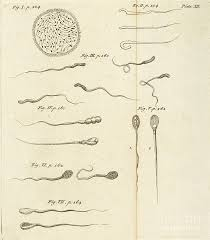
Animalcules
“animalcules” (small animals – small moving organisms in pond water)
Antonie Van Leeuwenhoek
Later protozoa (proto=1st, zo=animal)
Volvox globator
Synapomorphies: have BOTH chlorophyll A & B
Colonial w/ daughter cells
Photoautotrophic
Habitat: freshwater/marine
Superphylum Viridiplantae (virid=bright green)
Superphylum Alveolata
Synapomorphies: presence of sac/alveolus (alveol=sac)
Kingdom “Protozoa”
Habitat: free living & motile – some parasitic
Most are primary consumers
Paramecium caudatum + Ceratium hirundinella, Plasmodium vivax/falciparum
Parsimony
Solution to a character evolution that produces the EASIEST solution (fewest #s) & least amount of HOMOPLASY/REVERSAL
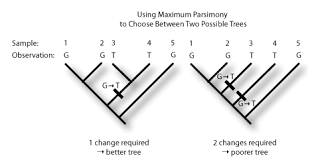
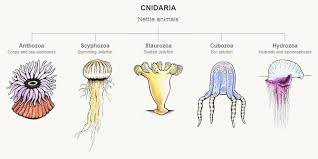
Phylum Cnidaria
Sea anemones, jellyfish, corals
<1%
Directional natural selection
Selection of 1 extreme trait over another in a population
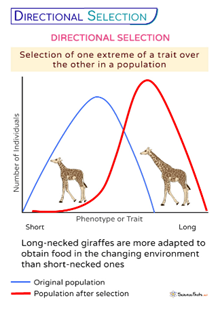
Ernst Haeckel
Supported natural selection (Charles Darwin)
Tree of life
Biome
Determined by the amount of sunlight and latitude/longitude
Most inclusive level
Wet, dry, tropical, temperate, polar
Conceptual, non-physical, non-living
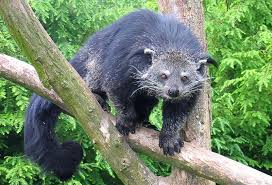
Arctictis binturong
Scientific name for bearcat
ICZN
Governing body for rules of zoology nomenclature
The “code”
International Commission for Zoological Nomenclature
Established 1995
Filopodia
Type of false feet belonging to amoebas (pseudopodia)
Branched appearance – DOES NOT CONNECT
Planktonic
Can move but water current decides movement
Phylum “Porifera”
sponges
1%
Phylum Platyhelminthes
flatworms, flukes, & tapeworms
2%
Phylum Annelida
earthworms & leeches
1%
Phylum Molluska
snails, clams, oysters, squids, octopuses
6%
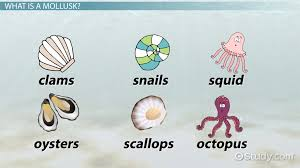
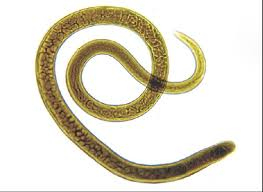
Phylum Nematoda
round worms
4%
Phylum Arthropoda
insects, crustaceans, & spiders
80%
Phylum Chordata
vertebrates, sea squirts, & lancets
Linnean hierarchy
Kingdom
Phylum
Class
Order
Family
Genus
Species
Modified Linnean
Domain
Kingdom
Sub-kingdom
Division
Phylum
Sub-phylum
Supra-class
Super-class
Class
Sub-class
Infra-class
Order
Sub-order
Super-order
Super-family
Family
Sub-family
Tribe
Genus
Species
Sub-species
Hierarchy to Know
Domain - Daring
Kingdom - Knights
Division - Defeat
Phylum - Powerful
Class - Creatures
Order - On
Family - Fearless
Tribe - Treasure
Genus - Gathering
Species - Shit
Sub-species - Safely
Stability natural selection
selection of average/intermediate traits in a population
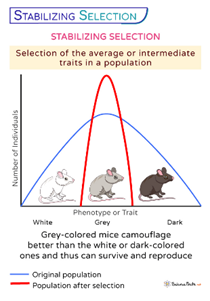
Disruptive natural selection
selection of both extreme traits in a population
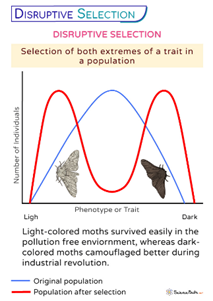
Analogy
features that serve a similar function
lungs & gills
Homoplasy
features that look alike but may/may not function the same
dorsal fins & sails
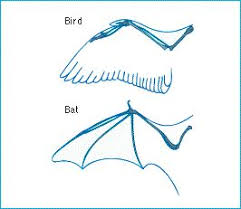
Superphylum Stramenopila (stra=straw)
diatoms & brown/yellow algae
Superphylum Viridiplantae
green algae & plant-like protists
Superphylum Parabasalida
no common name
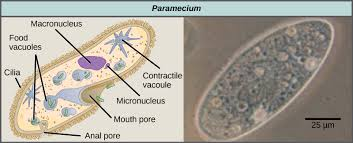
Superphylum Alveolata
animal-like protists
Reticulopodium
type of pseudopodia
reticul = net
net like - branched & connected
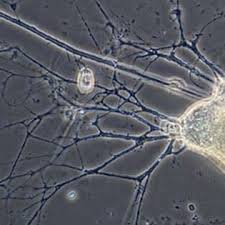
Axopodium
type of pseudopodia
thin extensions that are supported by microtubules
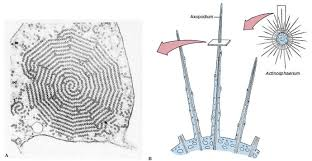
Plasmodium life cycle
mosquito ingests gametocyte
gametocyte undergoes meiosis → gametes
gametes fuse to form zygotes
zygote encysts & produces sporozoites
sporozoites injected into human
sporozoites invade liver & RBC’s → become merozoites
merozoites w/ infection differentiate into gametocytes
cycle begins again
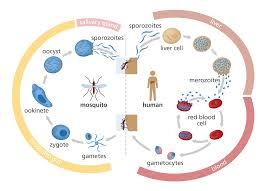
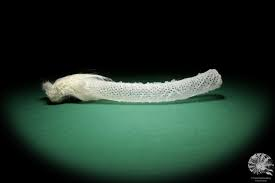
Euplectella aspergillum
Venus' Flower Basket
Domain: Eukaryota
Kingdom: Animalia
Phylum: Porifera
Class: Hexactinellida
Order: Lyssacinosida
Family: Euplectellidae
Subfamily: Euplectellinae
Genus: Euplectella
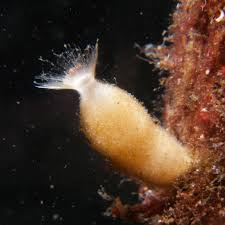
Sycon ciliatum
Purse Sponge
Domain: Eukaryota
Kingdom: Animalia
Phylum: Porifera
Class: Calcarea
Order: Leucosolenida
Family: Sycettidae
Genus: Sycon
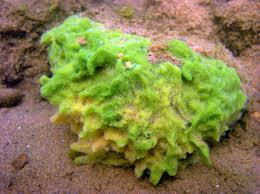
Spongilla argyrosperma
FRESHWATER SPONGE
Domain: Eukaryota
Kingdom: Animalia
Phylum: Porifera
Class: Demospongiae
Order: Spongillida
Family: Spongillidae
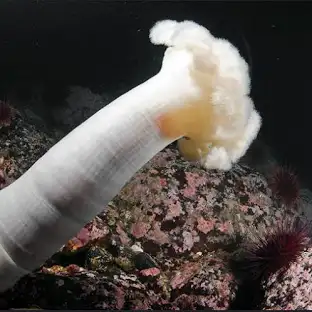
Metridium farcimen
White/Giant Plumed Anemone
Domain: Eukaryota
Kingdom: Animalia
Phylum: Cnidaria
Class: Hexacorallia
Order: Actiniaria
Family: Metridiidae
Genus: Metridium
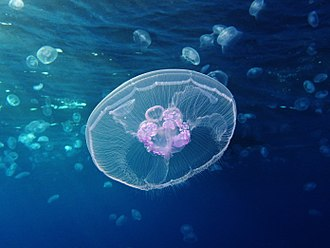
Aurelia aurita
Moon Jelly
Domain: Eukaryota
Kingdom: Animalia
Phylum: Cnidaria
Class: Scyphozoa
Order: Semaeostomeae
Family: Ulmaridae
Genus: Aurelia
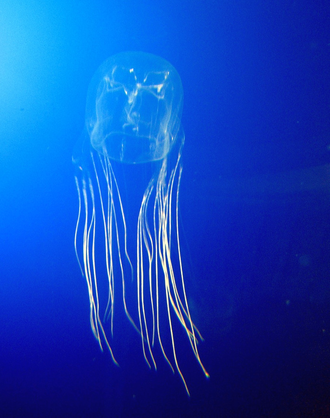
Chironex fleckeri
Box Jelly
Domain: Eukaryota
Kingdom: Animalia
Phylum: Cnidaria
Class: Cubozoa
Order: Chirodropida
Family: Chirodropidae
Genus: Chironex
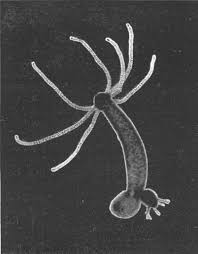
Hydra canadensis
Hydra
Kingdom: Animalia
Phylum: Cnidaria
Class: Hydrozoa
Order: Anthoathecata
Family: Hydridae
Genus: Hydra
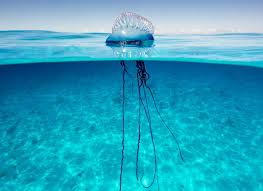
Physalia physalis
Portuguese Man O War
Domain: Eukaryota
Kingdom: Animalia
Phylum: Cnidaria
Class: Hydrozoa
Order: Siphonophorae
Suborder: Cystonectae
Family: Physaliidae
Genus: Physalia
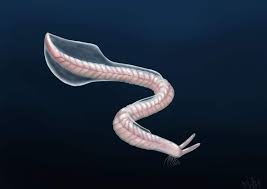
Pikaia
chordate ancestor
middle cambrian
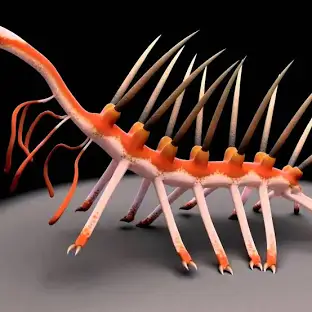
Hallucigenia
drawn upside down, has spines to protect itself - thought they were legs
cambrian
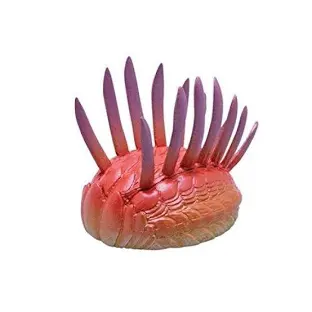
Wiwaxia
early annelid with protective spikes
early-mid cambrian
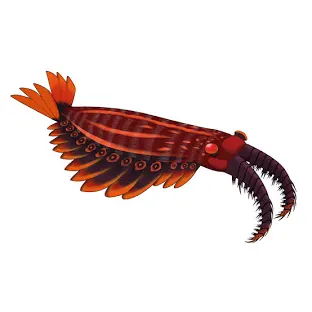
Anomalocaris
early large arthropod, predators
cambrian
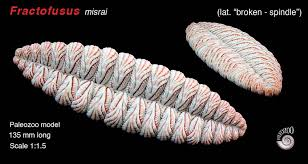
Fractofusus
early form of fan coral
edicarian era
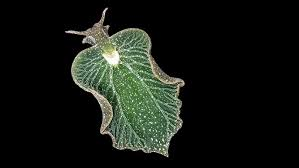
Elysia chlorotica
autotrophic Florida sea slug
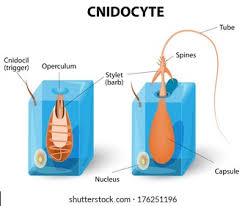
What cell is specialized for stinging?
Cnidocyte
Epidermis is lined with:
stratified squamous
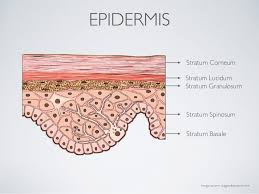
If a polyp has nematocysts on the body, what else can you assume about the species?
siphonoglyph
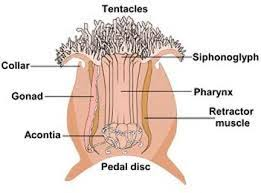
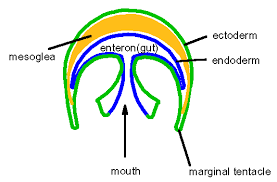
Why is it that mesoglea is better developed in medusa than in polyps?
medusas require a thicker and more substantial mesoglea to act as a hydrostatic skeleton, supporting their body shape and enabling movement
Which of the epithelia would likely be found in the lining of an expandable pouch of a stink bug?
pseudostratified columnar
